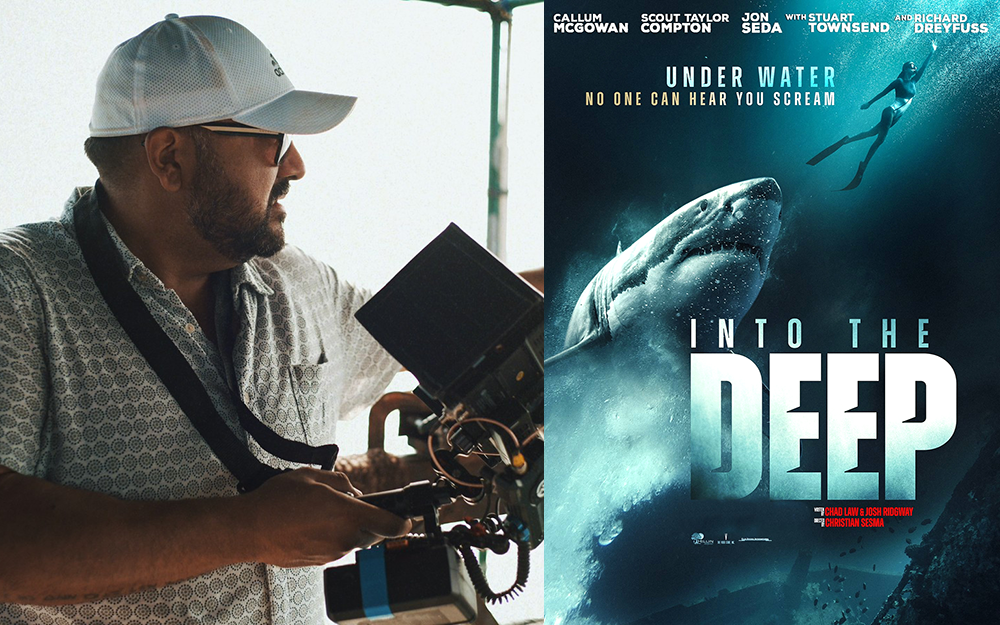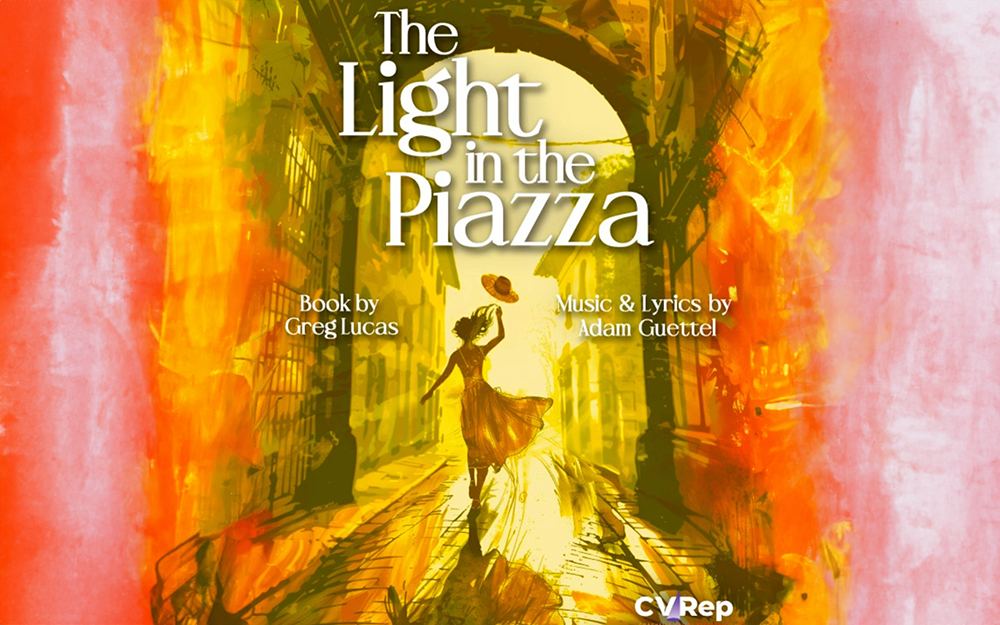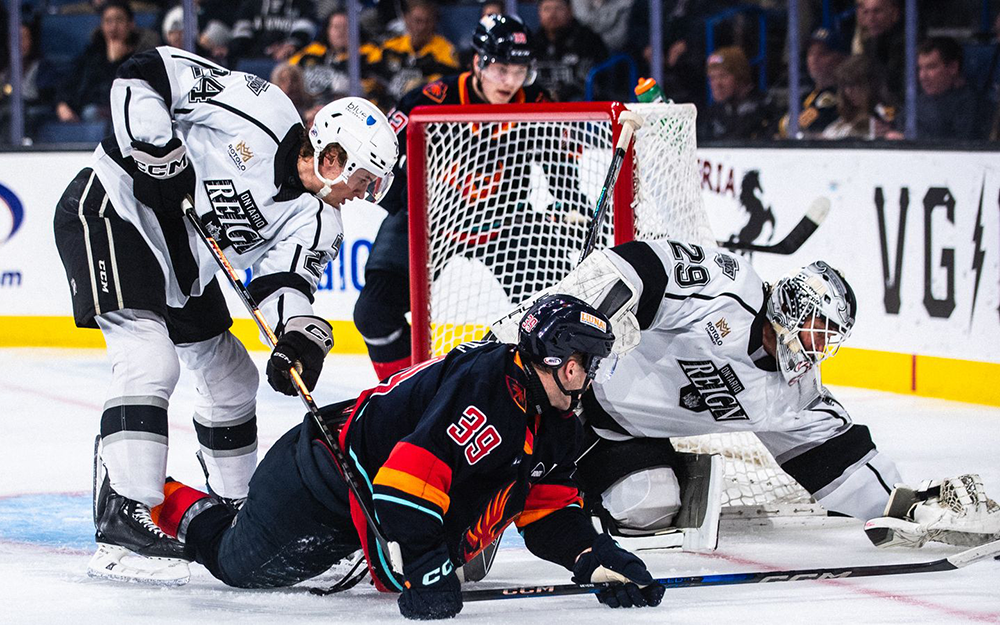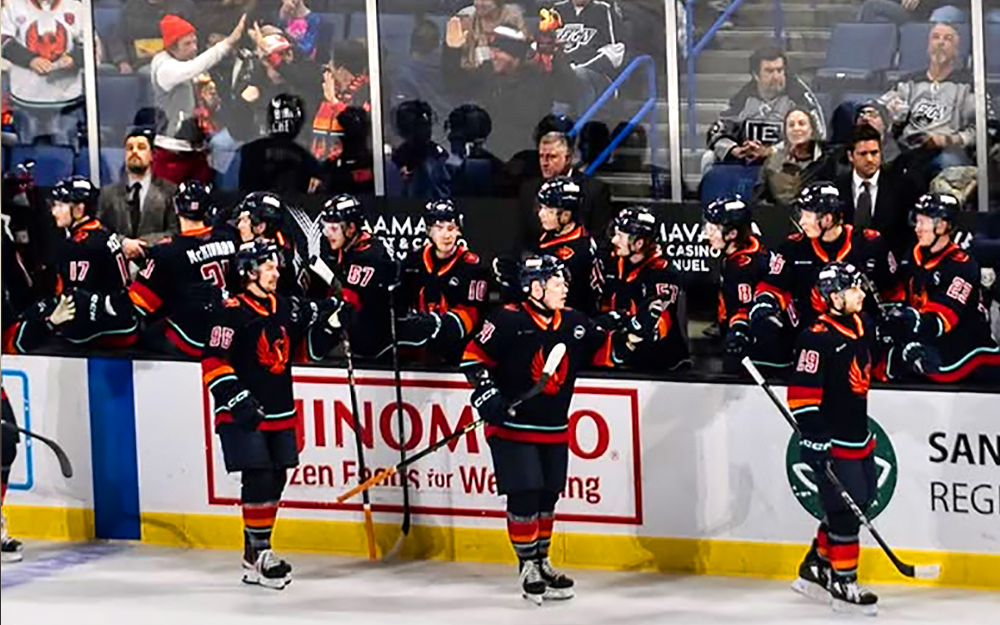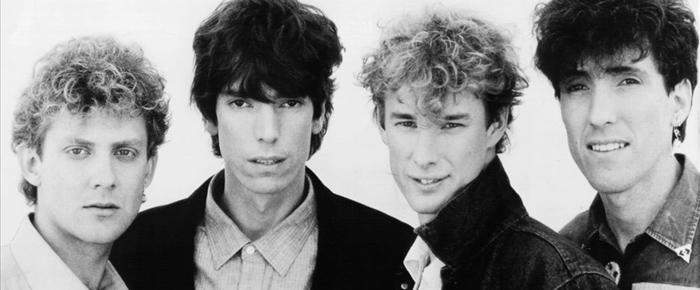
By Eleni P. Austin
Back in the late ‘70s and early ‘80s, Punk music was experiencing growing pains. The genre had splintered into disparate sub-genres. New Wave, No Wave, Post Punk, Industrial, New Romantic and Goth were just a few styles permeating the scene. Perhaps the most incongruous mutation was Cow-Punk.
On paper, the idea of blending the “aw shucks” sincerity of Country with the snarling nihilism of Punk, seemed like a combustible combination. But in reality, it was a pretty astute alliance. In their own ways, Hank Williams, Sr. and Johnny Cash were as Punk Rock as Sid Vicious and Dee Dee Ramone.
Most Cow-Punk bands, Beat Farmers, Tex And The Horseheads, Blood On The Saddle and the Long Ryders, were California-bred. Jason & The Scorchers (Illinois/Tennesee) and the Rave-Ups (Pennsylvania) were the out-of-state exceptions.
Rank And File were ahead of the pack. The band rose from the ashes of Chip and Tony Kinman’s seminal Punk band, the Dils. The Kinman’s grew up in Carlsbad, but by 1977 they had relocated; first to the thriving Punk scene in San Francisco, and then to the West Coast mecca for Punk music, Los Angeles.
They released a handful of essential singles, including “I Hate The Rich” and “Class War.” ( The Punk band on stage at the Roxy, during a pivotal scene in Cheech & Chong’s Ganja-Cinema classic, “Up In Smoke,” that would be the Dils).
After the dissolution of the Dils, the Kinman’s hooked up with drummer, Slim Evans and Alejandro Escovedo. Alejandro had made his Punk Rock bones as a guitarist for the Nuns. (He is also part of the musical Escovedo clan, which includes brothers Pete and Coke of Santana and Pete’s daughter Sheila E.)
Rank And File spent considerable time woodshedding in L.A. and Texas, honing their chops in tiny juke joints and Honky Tonks. They signed with L.A.’s premiere Punk label, Slash. (Home to the Germs, X, the Blasters, Fear and the Gun Club). David Kahane handled production chores and their debut, Sundown was released in 1982 to rave reviews.
Unfortunately, success was short-lived for Rank And File. By the time they were ready to record their second album, Long Gone Dead, Alejandro Escovedo and Slim Evans split the band. The Kinman’s were joined by Jeff Ross on guitar, Richard Greene on fiddle, multi-instrumentalist Peter Grant on pedal steel, slide guitar, auto-harp and banjo. Tom Petty drummer Stan Lynch filled in on drums. It was a great album, but it missed the spark of their debut.
After a disastrous self-titled third album, Rank And File called it quits. The Kinman’s went on to front two other bands, Blackbyrd and Cowboy Nation. Alejandro Escovedo, along with his brother Javier, formed the True Believers. When that band imploded, he embarked on a rich and rewarding solo career.
Although Rank And File’s first two albums have been long out of print, the reissue label, Wounded Bird has recently released them together as The Slash Years.
More than 30 years has elapsed since Sundown was released, but the album crackles with timeless energy. The album kicks off with the one-two punch of “Amanda Ruth” and “(Glad) I’m Not In Love.” Both tracks mine the giddy emotions of young love. “Amanda Ruth” matches a martial cadence to rickety guitar riffs. Tony’s gruff baritone takes the lead, as Alejandro plucks a skittery guitar solo.
Chip’s reedy tenor is front and center on “(Glad) I’m Not In Love.” A jingle-jangle hoedown that bemoans a relationship gone bad…”Conversation’s useless I don’t even want to try to talk about it would make you cry/Everything has changed we don’t see eye to eye, the door is swinging both ways-to stay, I’d sooner die.” Slim Evans keeps a steady beat as Escovedo executes a rippling solo.
Three songs, “The Conductor Wore Black,” “I Went Walking” and the title cut each borrow liberally from the Johnny Cash playbook, blending a galloping rhythm and rollicking riffs that run roughshod over a taut melody, “The Conductor…” spins a yarn of baddass Old West train travel. “This train carries liars this train carries cheats, this train carries black guards from all walks of life that you’d ever, never want to meet.”
The melody of “I Went Walking” draws parallels to “I Walk The Line.” Rubbery bass lines and chicken-scratch guitar chords cushion lyrics that take the piss out of Punk Rock rituals. (Even social outcasts and iconoclasts adopt uniforms). “Did you ever see a sheep in a pork pie hat? Ever seen a lemming dressed all in black?/ The fellow told me I was a square, I didn’t wear buttons and spike my hair.” It’s ironic that these same signifiers are still around in the 21st century.
The band doesn’t just borrow Johnny Cash’s patented “boom-chicka-boom” beat for Sundown, the lyrics also pay homage to the man in black and the Tennessee Two… “It was a band from Tennessee fronted by a man in black singing songs of trains and rivers/’bout the takers and the givers and a wreck on the tracks.”
Despite their tender ages, the Kinman’s were sharp lyricists. Two tracks, “Rank And File” and “Coyote” tackle topics that resonate today. On the former, the melody is anchored by southern fried “Dixie” riffs and a tribal beat that suggests the “Theme From Peter Gunn.” The lyrics paint the plight of the working man, and it’s politics as usual… “They preach the truth and they don’t know what it means/ From left to right-oh it makes me want to scream.
The latter is powered by a staccato rhythm, lonesome harmonica fills and a guitar break that recalls the theme from “Bonanza.” The lyrics limn the tragedies that befall illegal immigrants as they attempt to cross the border.
Only two years had elapsed between Sundown and the band’s sophomore release, Long Gone Dead, but it almost sounds like a different band. The twang was still there, but the Punk sensibility was absent.
There are still highlights to be found here. The title track mixes shimmery acoustic guitar and crystalline autoharp runs. Weather is the theme explored on “Sound Of The Rain” and “Hot Wind” On the former, soaring harmonica fills and jingle jangle guitar give the track a Neil Young-Meets-The-Monkees feel. (That’s a good thing).
On the latter, a dusty clip-clop rhythm collides with plangent guitar chords and syncopated banjo runs. The lyrics conjure up an Old West mythos that echoes the writings of Zane Grey and Louis L’Amour.
There are a couple of glaring mis-steps here. If the Jackson 5 or the Sylvers ever attempted country music, it might sound like “Saddest Girl.” Meanwhile, on “Timeless Love” tight harmonies form an odd alliance with a stutter-step beat, fiddle and pedal steel underpinnings. It’s kind of a country cousin to Smokey Robinson’s grind-y slow dance, “Oooh Baby Baby.”
But the band redeems their selves with the Louvin Brothers-esque fever dream of “Last Night I Dreamed.” The album closes with “It Doesn’t Matter.” A classic country weeper, the track perfectly intertwines pedal steel and fiddle.
Rank And File paved the way for the alt.country and No Depression movements. Bands like Uncle Tupelo and Whiskeytown (which begat Wilco and Ryan Adams) might not have existed if the Kinman brothers never dipped their Punk Rock peanut butter into Country Western chocolate. The Slash Years keeps their legacy alive.









